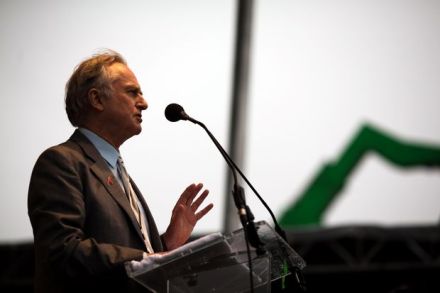Sorbet with Rimbaud
The Bloomsbury of the title refers to the place, not the group. The group didn’t have a poet. ‘I would rather be a child and walk in a crocodile down a suburban path than write poetry, I have heard prose writers say,’ wrote Virginia Woolf, albeit tongue-in-cheek (maybe). Nonetheless, unsurprisingly, these non-poets steal the first chapter of this amuse-bouche of a publication. They are allowed to so that the author, or rather his sources, may describe the rather dull area of London that abuts the eastern end of the Euston Road to the north, and to the south High Holborn. ‘A cold grim house in a cold, grim district,’ wrote





















